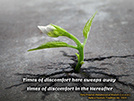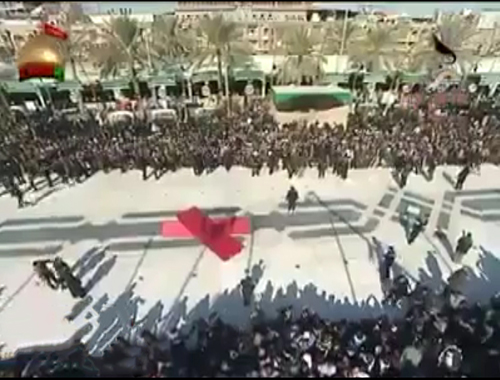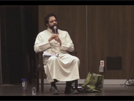Foreword
- Details
- Hits: 2488
Foreword
--------------------------------------------------------------------------------
In the Name of Allah, the
Most Gracious, the Most Merciful
By Hasnain Walji
Islam espouses an enlightened mind and hence, it has been termed as the path of knowledge. In the Qur`an the number of verses in which ‘ilm (knowledge) or its derivatives and associated words are used is 704. The aids of knowledge such as the book, pen, ink, etc. amount to almost the same number while other words associated with writing occur in 319 verses.[1]
By responding to the call of the Qur`an to ponder over creation in order to understand the greatness of Allah (awj) and reflecting this honored the pursuit of knowledge, considered a meritorious duty, Muslim scholars have amply demonstrated that knowledge elevates the sincere seeker.
In response to a person who posed him a difficult question, Imam ‘Ali b. Abi Talib (ع) said: “Ask in order to understand, and do not ask in order to find fault, for surely the ignorant man who wants to learn resembles a man of knowledge, and surely a man of knowledge who wants to be difficult resembles an ignorant man who wants to find fault.”
This then should be the spirit of inquiry as we are faced with many challenges in this day and age. In particular, young Muslims growing up in Western societies are crying out for rational and convincing explanations in matters of their faith. In schools and colleges they are confronted by their peers as much as professors, who engage them on debates about reason and faith - in particular, whether faith is a valid means for acquiring knowledge or the limits of reason in explaining one’s faith.
This book, aptly named ‘Faith and Reason – A Compendium of Fifty Questions and Answers Related to Islamic Theology, Jurisprudence and Other Themes’ is timely, in offering some explanations.
The questions on such diverse topics as Divine Will and Human Will, free choice Allah’s (awj) Will in human as well as Angels and free-will give enlightening answers. In particular, questions relating to Imam al-Mahdi (ع), address issues such as his marriage, place of residence, as well the role of women in the government of Imam al-Mahdi’s (ع) and the possibility of a decline in Imam al-Mahdi’s (ع) government.
It is hoped that this latest offering by the Islamic Education Board of the World Federation will enhance the readers’ understanding of some critical and relevant issues, which are rarely discussed in general.
As Imam ‘Ali b. Abi Talib (ع) has said: “The man of knowledge is the one who recognizes that what is known is very little compared to what is not known, and as a result he considers himself ignorant, and accordingly he increases his efforts to know more by going out in search of knowledge.”
رَبÙّــي زÙدْنÙÙŠ عÙلْماً
“My Lord! Increase me in Knowledge”
Hasnain Walji
Plano, Texas
July 4th, 2006 ce / 7th Jumada II, 1427 ah
Notes:
[1] Dr. Sayyid Wahid Akhtar, The Islamic Concept of Knowledge, al-Tawhid, vol. xii, no. 3











